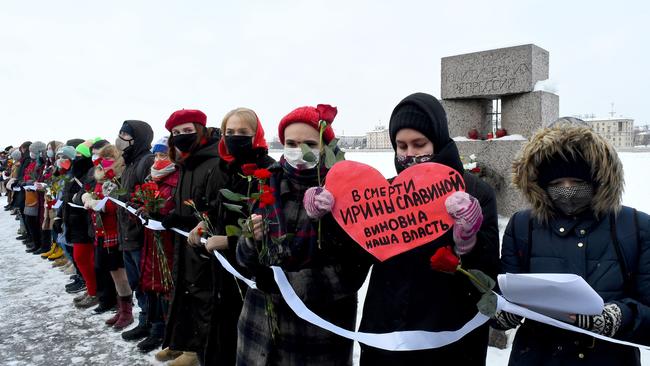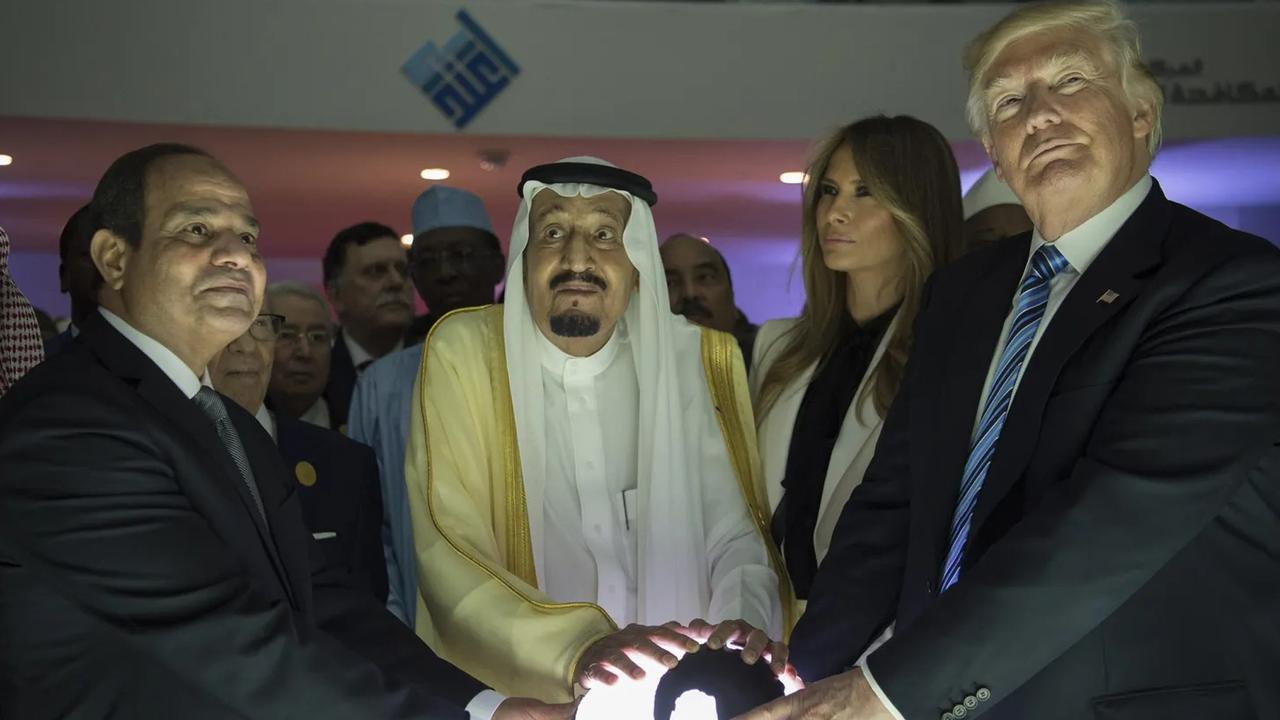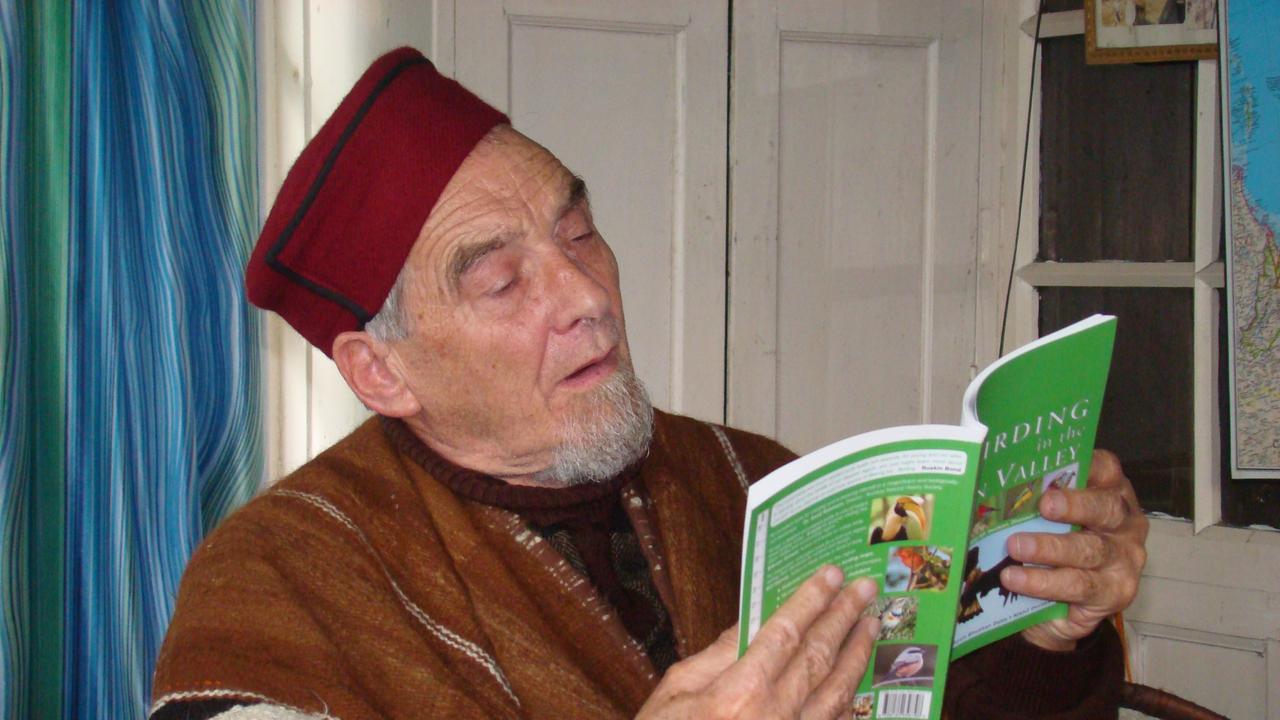Supporters light up cities to show solidarity with Alexei Navalny
Protesters staged a nationwide flashmob called ‘Love is Stronger than Fear’ on Valentine’s Day in solidarity with Alexei Navalny.

Protesters staged a nationwide flashmob called “Love is Stronger than Fear” on Valentine’s Day in solidarity with jailed Russian opposition leader Alexei Navalny.
Attempting to avoid the harsh response that met recent street protests, people emerged at 8pm local time on Sunday into the communal yards between apartment blocks and switched on torches on their mobile phones.
The demonstration took place shortly after President Vladimir Putin accused the US and European states of stirring up discontent over Mr Navalny, 44, as a means of containing Russia.
Mr Putin, 68, who refuses to use Mr Navalny’s name, told assembled heads of media outlets that “this person is being used just as people’s fatigue is emerging all over the world, including in our country” over COVID-19.
“Irritation has piled up, people have become disgruntled including by their living conditions, by the level of income.”
The West, he said, was employing “ambitious people who thirst for power” to play on discontent in Russia, as it had done throughout history.
Mr Navalny made a heart shape with his hands to his wife from the dock when he was sentenced to two years and eight months in a penal colony this month.
His chief of staff, Leonid Volkov, encouraged supporters to form hearts with their torches, saying: “Putin is fear. Navalny is love. That’s why we will win.”
Protesters in the more easterly of Russia’s 11 time zones posted pictures and videos of themselves on social media waving phones, clutching lanterns or arranging candles in heart shapes in snowy yards.
With #Love is Stronger than Fear trending on Twitter as the flashmob moved west across Russia, in Moscow and St Petersburg women formed “solidarity chains” to show their sympathy for Mr Navalny’s wife, Yulia, 44, and female victims of political persecution.
In the capital, at least 200 women lined up along the historic Novy Arbat street holding a long white ribbon and bunches of flowers, stamping their feet in the cold.
A provocateur wearing a helmet emblazoned “NATO” and a pair of sunglasses with dollar signs in the lenses tried to hand the women fake money to suggest they were stooges of the West.
Mr Navalny’s allies are trying to come up with imaginative ways to protest after 11,000 people were detained by police at nationwide rallies.
Women’s solidarity chains have been a feature of the protests against the authoritarian President Alexander Lukashenko of Belarus, which began after rigged elections last year.
The EU is preparing sanctions against Moscow over the jailing of Mr Navalny, who survived a poisoning with the Novichok nerve agent in Siberia in August last year.
The Bellingcat investigative website identified Federal Security Service members of a “poison squad” who allegedly took part in the attempt on his life.
Mr Navalny was arrested on his return to Russia on January 17 after five months of treatment in Germany. Foreign leaders have demanded his release. Sergei Lavrov, Russia’s foreign minister, said on Friday that the EU viewed Moscow as a “toxic” partner over Mr Navalny, but “we don’t care”.
The Times



To join the conversation, please log in. Don't have an account? Register
Join the conversation, you are commenting as Logout